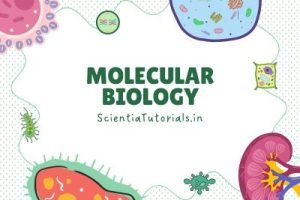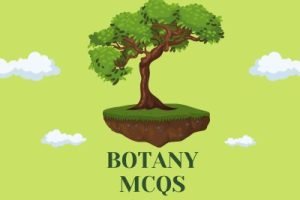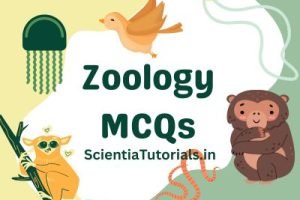MCQs on Animal Morphology
MCQs on Animal Morphology
1. Tendons and ligaments are made of
a. Special connective tissue
b. Epithelial tissues
c. Dense regular connective tissue
d. Loose conductive tissue
2. Where are intercalated discs found?
a. Skeletal muscles
b. Tendons
c. Spinal cord
d. Cardiac muscles
3. Certain mummies are well preserved even after hundreds of years because
a. Yellow elastic fibres are intact
b. Yellow elastic fibres are destroyed
c. White fibrous tissues are intact
d. White fibrous tissues are destroyed
4. Macrophages are a type of
a. White blood cell
b. Stem cell
c. Fat cell
d. Bone cell
5. ____________ is present mostly at sites where filtration and diffusion occurs.
a. Simple columnar epithelia
b. Bone marrow
c. Simple squamous epithelium
d. None of the above
6. Chromatophores are found in _______
a. Squids
b. Humans
c. Birds
d. Dogs
7. The major protein in plasma is ______
a. Ovalbumin
b. Albumin
c. Desmin
d. None of the above
8. The largest quantity of extracellular materials are found in _____
a. Nerve fibres
b. Bone tissue
c. Areolar tissue
d. None of the above
9. Pheretima is a genus of __________
a. Crickets
b. Earthworms
c. Rose
d. None of the above
10. What type of glands are sebaceous glands?
a. Exocrine Gland
b. Endocrine Gland
c. Pineal Gland
d. None of the above
11. Regeneration is the most limited in ____
a. Liver cells
b. Brain cells
c. Stem cells
d. None of the above
12. The study of tissues is called
a. Histology
b. Pathology
c. Endocrinology
d. Cytology
13. Smooth muscles are
a. Involuntary
b. Voluntary
c. Striated
d. None of the above
14. How many hearts does an octopus have?
a. 3
b. 2
c. 4
d. 1
15. Hemotoxic venom, such as the one found in cobra induce the destruction of
a. Red blood cells
b. Muscle tissue
c. Bone tissue
d. All of the above
Answer Key
| 1 | c | 6 | a | 11 | b |
| 2 | d | 7 | b | 12 | a |
| 3 | a | 8 | c | 13 | a |
| 4 | a | 9 | b | 14 | a |
| 5 | c | 10 | a | 15 | a |



